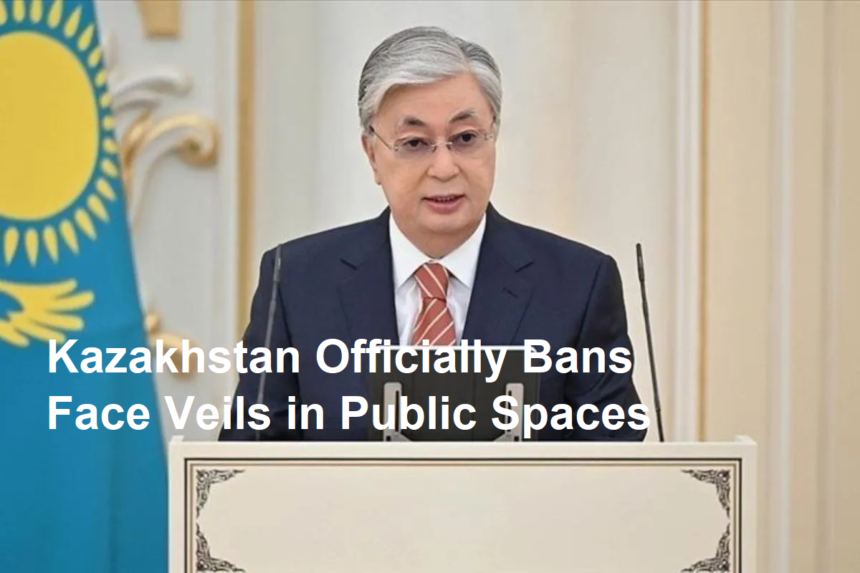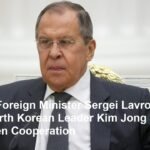Introduction
In a move that has sent ripples across Central Asia and the broader international community, Kazakhstan has officially implemented a ban on the wearing of face veils, including the niqab and burqa, in all public spaces. This decision marks a watershed moment in the country’s efforts to reinforce secular values and redefine the boundaries between personal religious expression and state policy.
Government Rationale: Balancing Security and Secularism
Kazakhstan’s government emphasized that the ban is primarily aimed at promoting public safety and national unity. Officials point to an uptick in international security concerns and the desire to prevent the spread of radical ideologies as core motivations. According to spokespeople from the Ministry of Justice, the legislation is part of a broader campaign to assert Kazakhstan’s secular identity, a principle enshrined in its constitution since independence.
Supporters of the move argue that face coverings can hinder identification, making law enforcement more difficult in public places such as transport hubs, schools, and government buildings. They also contend that restricting face veils helps reduce misunderstandings among citizens and fosters an environment based on open communication and social cohesion.
Public Reactions: Applause and Apprehension
Reactions within Kazakhstan itself are deeply mixed. Secularists and advocates for women’s rights have lauded the law as progressive. They claim it helps protect women from coercion and strengthens the country’s commitment to equality and openness. Some parents and educators believe the ban will lead to healthier integration and minimize peer pressure in educational settings.
On the other hand, segments of Kazakhstan’s Muslim population are disheartened. For many, the niqab or burqa is not just a religious symbol, but a personal choice anchoring their spiritual identity. Critics see the ban as an infringement upon freedom of religion and expression, warning that it could alienate religious minorities and create a sense of marginalization among Muslim women.
Religious leaders have also weighed in, some advising calm and caution, and others expressing concern over governmental intrusion into matters of personal faith. Calls for dialogue between the authorities and religious communities have grown, as many hope for compromise solutions that can safeguard both national interests and civil liberties.
International Response and Regional Context
Globally, Kazakhstan’s decision has drawn both praise and criticism. Secular governments in Europe and some Central Asian neighbors have expressed support, noting the precedent set by similar bans in countries like France, Belgium, and Uzbekistan. They argue such policies help to preserve secularism and civic identity within increasingly diverse societies.
Human rights organizations and international Islamic groups, meanwhile, have criticized the move. They raise concerns about potential discrimination, warning it may provoke Islamophobia or deepen divides between religious communities and state institutions. The United Nations and Amnesty International have urged Kazakhstan to ensure that the implementation of the ban does not lead to arbitrary detentions or harassment.
Navigating the Path Forward
As the ban comes into force, Kazakhstan faces a delicate balancing act. The government has pledged to review enforcement practices regularly and engage with community leaders to prevent abuses and misunderstandings. Education campaigns are being launched to explain the rationale for the law and to promote cultural dialogue.
Ultimately, the face veil ban places Kazakhstan at the heart of a global debate about secularism, personal freedom, and cultural identity. The coming months will test how the country manages these competing forces, and whether it can uphold social harmony while respecting the rights of its diverse population.












